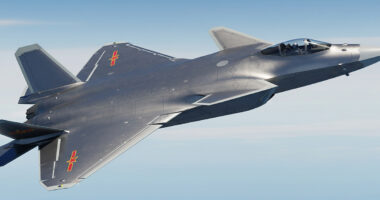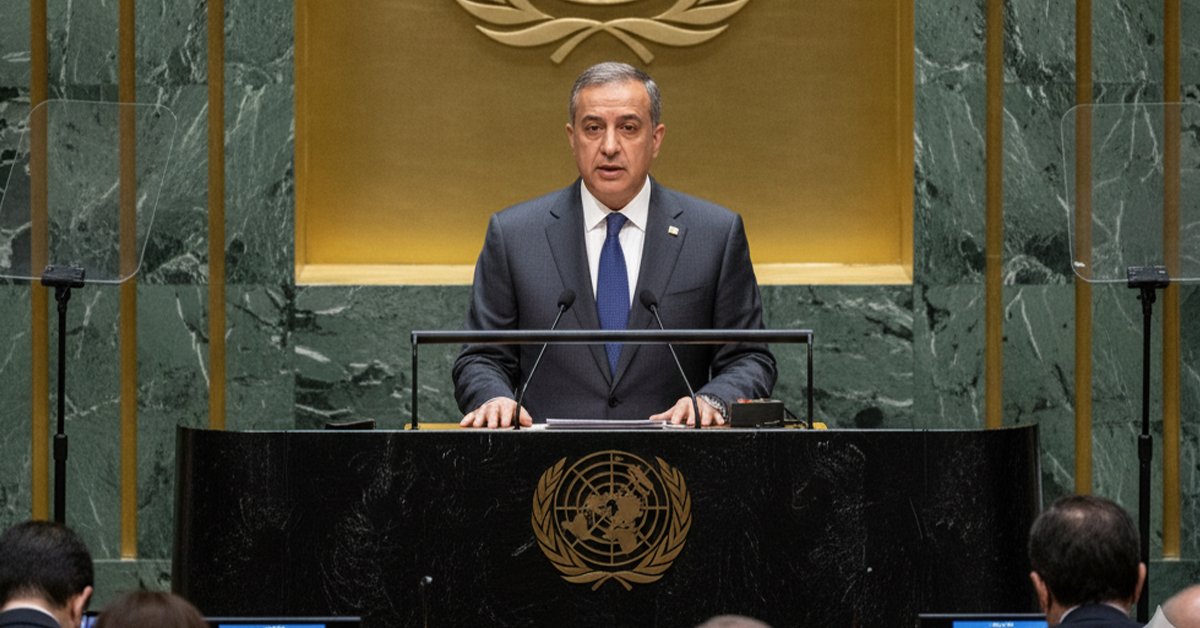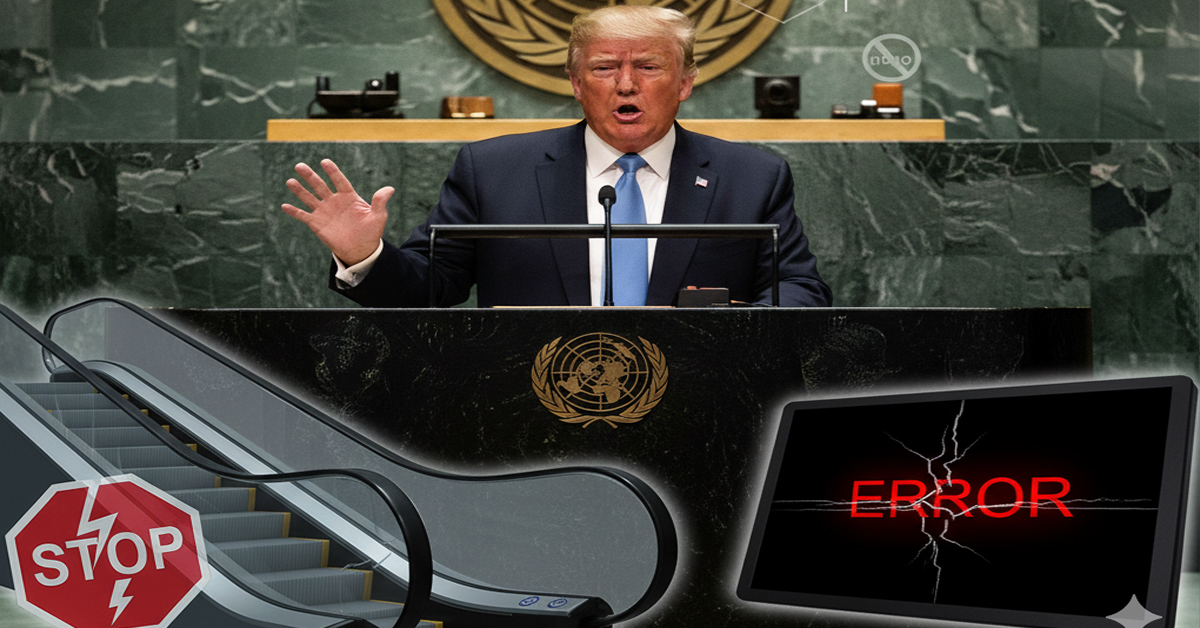The United Nations Security Council, the world’s foremost body for maintaining peace and security, once again found its mission at a standstill this week. The United States, a permanent member with the power of veto, blocked a resolution demanding an immediate and permanent ceasefire in Gaza. The resolution, which garnered the support of 14 of the 15 council members, was a unified international plea to halt the spiraling humanitarian catastrophe in the region. In the wake of the veto, China—another permanent member—lodged a scathing critique, accusing the U.S. of a “misuse of veto power” and undermining the very foundation of the UN.
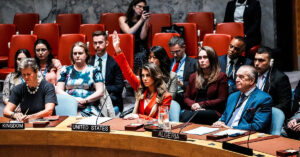
The U.S. position, articulated by its representative, was that the resolution was “unbalanced.” Washington argued it failed to explicitly condemn Hamas and did not adequately acknowledge Israel’s right to self-defense. Furthermore, the U.S. contended that the resolution’s language could be seen as legitimizing “false narratives” that benefit Hamas. This reasoning aligns with a long-standing U.S. foreign policy of protecting its key ally, Israel, on the international stage. It is a pattern that has seen the U.S. wield its veto power more than any other nation in the post-Cold War era, often in relation to resolutions concerning Israel and Palestine.
From Beijing’s perspective, however, the U.S. veto is a glaring example of a powerful nation putting its geopolitical interests ahead of global fairness and justice. China’s envoy to the UN expressed “strong disappointment and dissatisfaction,” stating that the U.S. action sends a “wrong message” and gives a “green light to the continued slaughter.” This criticism taps into a broader narrative China has been cultivating about a more “equitable and fair” international order, one where it seeks to challenge what it sees as the U.S.’s hegemonic influence.
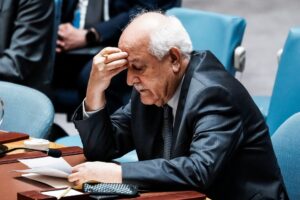
The latest clash is more than a simple diplomatic disagreement; it is a profound illustration of the inherent tension within the UN’s structure. The veto power, originally designed to ensure the participation of the major powers in global peacekeeping, has become a tool of political paralysis. It allows a single nation to override the collective will of the international community, particularly on issues of immense humanitarian urgency. While the U.S. cites legitimate concerns about the resolution’s language, its repeated use of the veto to block a ceasefire is perceived by many as a cruel political maneuver that prolongs the suffering of innocent civilians.
As the humanitarian crisis in Gaza deepens and the death toll mounts, the UN Security Council appears increasingly impotent. The recent vote, the sixth U.S. veto on a Gaza-related resolution since 2023, has left many questioning the effectiveness of the UN and the accountability of its most powerful members. The debate over the veto power is no longer academic; it’s a matter of life and death, and the chasm between the U.S. and China over this issue reflects a deeper global struggle over who will define the future of international governance.



